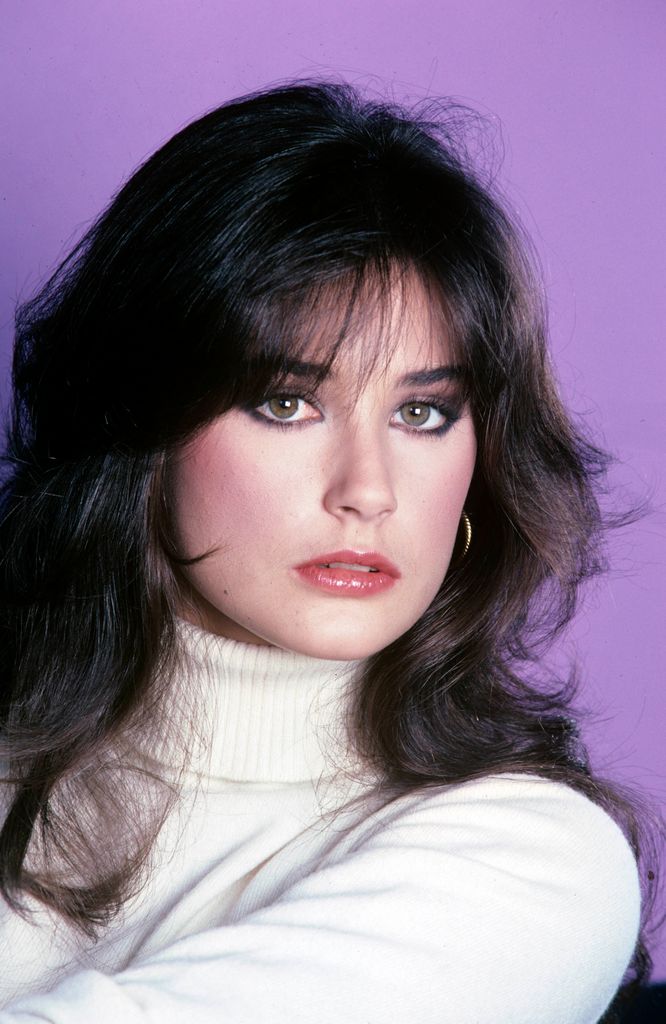In a quiet bathroom, alone and unraveling, Demi Moore sat watching her teeth fall out. It wasn’t a scene from a script. It was real. A surreal but all-too-human moment of collapse after decades in the unforgiving glare of fame. Her body, worn by addiction; her spirit, dimmed by years of pain disguised as perfection. It wasn’t the tabloids that broke her—it was the silence she kept, pretending nothing ever hurt.

Before she became one of Hollywood’s most recognizable faces, Moore came from chaos. A broken home. A father who wasn’t her father. A mother who brought her into bars to flirt for money. By 15, Demi wasn’t a teenager—she was a survivor. She ran toward Hollywood not for glory, but for escape. And escape, for a time, looked a lot like success. Soap operas led to films. A marriage. Stardom. Power.

But the spotlight sharpened more than it softened. Her every move was scrutinized. When she demanded equal pay for Striptease, she wasn’t hailed as bold—she was called greedy. When she posed nude and pregnant on the cover of Vanity Fair, it wasn’t art to many—it was scandal. In an era where vulnerability was punished, Moore armored up.

And still, the cracks formed. Her high-profile marriage to Ashton Kutcher, 15 years her junior, played out in headlines. A miscarriage. Rumors of betrayal. A spiral into relapse. Hollywood offered no safety net, only more judgment. When Moore finally told her story in Inside Out, it wasn’t an act of comeback—it was an act of courage. She wasn’t trying to resurrect a brand. She was trying to reclaim herself.

In the memoir, Moore writes with brutal honesty about the ache for love, the fear of aging, the pressure to be everything to everyone. The result is not just a portrait of a star, but of a woman stripped of illusions.
Demi Moore didn’t fall from grace. She shed it. Bit by bit. She stopped performing strength and began living her truth. And in doing so, she found a power deeper than fame: the power to survive, to speak, and to stand—no longer as a symbol, but as herself.